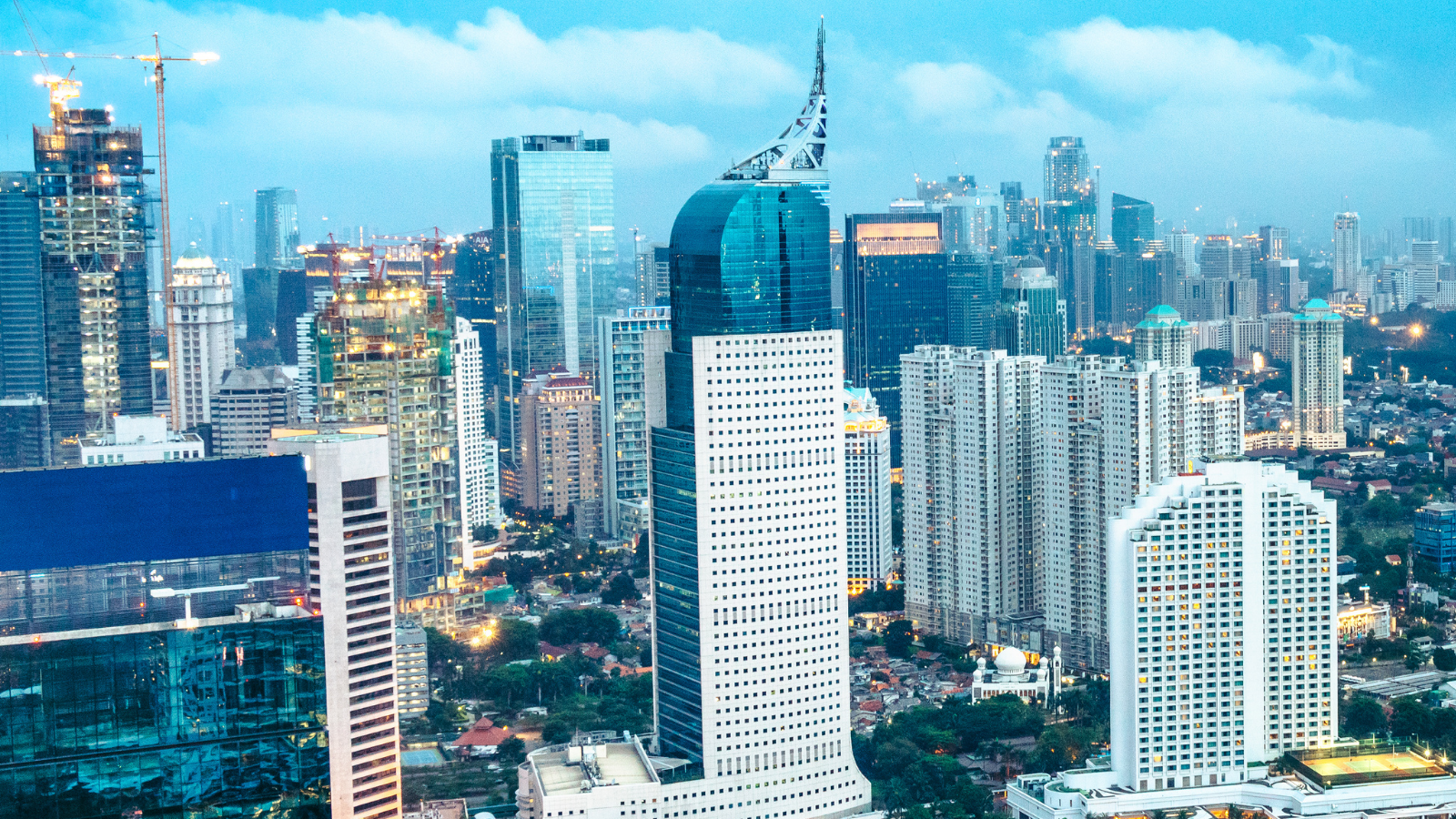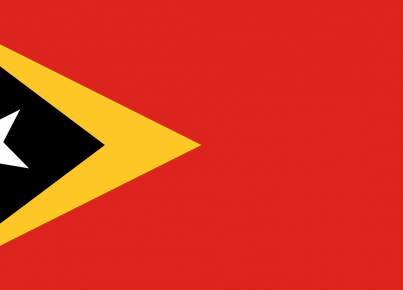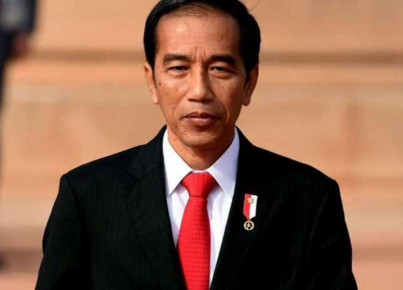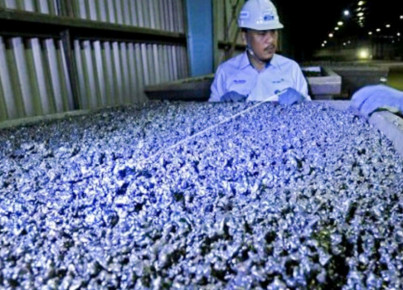The pandemic prevented Indonesian President Jokowi's from the implementation of his financial reforms, but in Indonesia the role of foreign investment remains crucial for the post-pandemic recovery.
The global economic crisis that followed the spread of Covid-19 caught by surprise President Joko "Jokowi" Widodo, who had ambitious macroeconomic plans for Indonesia. Jakarta was committed to implementing a dense reform agenda, aimed at economic and social well-being, to stimulate manufacturing production and to attract foreign investors interested in Southeast Asia. While the pandemic has changed the government's priorities, attracting foreign capital investment remains crucial for economic recovery.
The April 2019 political elections proved to be a battle for the economy, and the vote of millennials and the Indonesian middle class was decisive. On this occasion, Jokowi leveraged the image of a man of the people who would continue to make Indonesia prosperous even during his second term. According to experts, this electoral success was to be interpreted precisely as a validation of his policies, launched during the previous mandate and aimed at the development of infrastructures and public spending in social programs. The Central Bank supported these ambitions by keeping interest rates high to attract foreign capital. Then Covid-19 arrived, and for President Widodo the opportunities to make a difference have been reduced. Today the national government's priority is economic recovery, which requires a lowering of interest rates designed to stimulate consumption, while trying to stem downward pressure on the rupee.
Despite these financial measures designed to address the crisis, the macroeconomic structure of many Southeast Asian countries relies heavily on the inflow of foreign direct investments (FDI), and Indonesia is no exception. ASEAN's leading sectors, such as manufacturing, retail, transportation, and telecommunications, have led the bloc to become an economic powerhouse, with an estimated GDP of $9.3 trillion as of 2019. Indonesia accounts for about 40% of ASEAN's economic output, which is on track to become the world's fourth largest economy by 2050. According to ASEAN Briefing, efforts by Southeast Asian governments in recent years to promote regulatory systems that are attractive to those wishing to do business in the region are one of the vectors that will continue to ensure FDI inflows, even during Indonesia's recovery efforts.
In this regard, consulting firm Dezan & Shira Associates published a report that sheds light on the investment landscape in the country. The top five sectors receiving investment are the metals industry, electricity, gas and water supply, transportation and telecommunications, housing and mining. Moreover, the top five economies investing in Indonesia are Singapore, China, Hong Kong, Japan and South Korea. The regulatory system is particularly attractive to foreign financiers, especially because Indonesia is party to twelve free trade agreements, including the Regional Comprehensive Economic Partnership (RCEP), which was signed last year. When the agreement was proposed for ratification, Indonesian Trade Minister Muhammad Lufti said that the RCEP will be very beneficial to Indonesia because it will strengthen its role in regional supply chains, as well as support the economy during the post-pandemic recovery. The report goes on to list tax benefits dedicated to those wishing to do business in the country, as well as a list of industries with ample room for growth including the digital economy, electronic components manufacturing and the super-competitive automotive industry.






